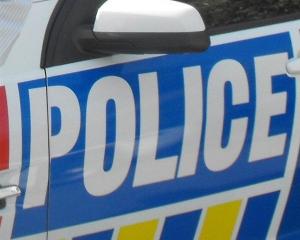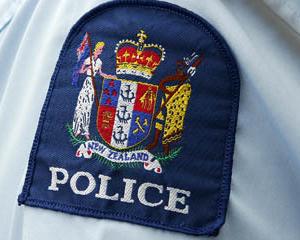Police have issued fewer speed camera tickets, as New Zealand motorists ''get the message about speeding''.
Official Information Act figures released to the Otago Daily Times reveal the number of speed camera notices issued in 2012-13 dropped by 21.9%, compared with the previous fiscal year.
''I would attribute the decrease to drivers driving more slowly which is great ... well done New Zealand,'' National manager road policing support Superintendent Carey Griffiths said.
The reduction in speed camera notices was also helped by increased traffic volumes in main centres, and people changing driving behaviour due to the increased police presence.
Anecdotal reports from police this summer indicated motorists were slowing down, and it was ''quite challenging to find people at high speeds''.
''We are seeing people get the message about speeding.''
Of those caught speeding over the past three fiscal years, 63% were recorded as male drivers, he said.
Of the 515,956 speed camera notices issued over the 2012-13 fiscal year, 29,993 were issued in the Southern district, a 19% drop on the previous year.
The figures also revealed the country's most prolific speed camera site, with Muriwai Rd, Waitemata, resulting in 7916 notices.
Waitemata police district recorded the highest number of speed camera notices with 111,029, which was 30,000 more than the next highest recorded in Counties-Manukau.
The South Island's top camera was on Haven Rd, Nelson, with 3045 notices.
The previous South Island top site, Caversham Valley Rd, Dunedin, was the top site in the Southern district with 2414 notices.
The camera has been removed due to a major highway upgrade.
Supt Griffiths said police operated 12 fixed speed camera and 46 mobile speed cameras, and were investigating upgrading and increasing the number of fixed cameras from June 1.
''They will be more efficient but with more cameras you will get more tickets ... but the success measure for me will be seeing people slow down.''
He said despite public opinion regarding speed camera tickets, they actually cost police, with revenue going into the Government's Consolidated Fund.








